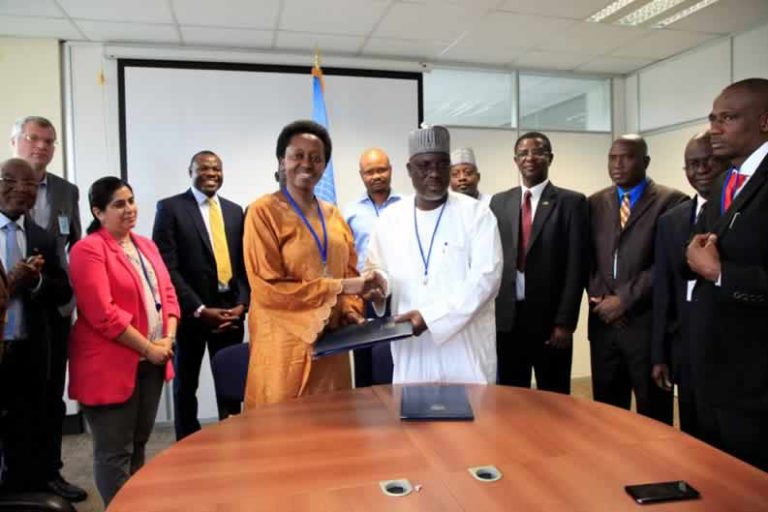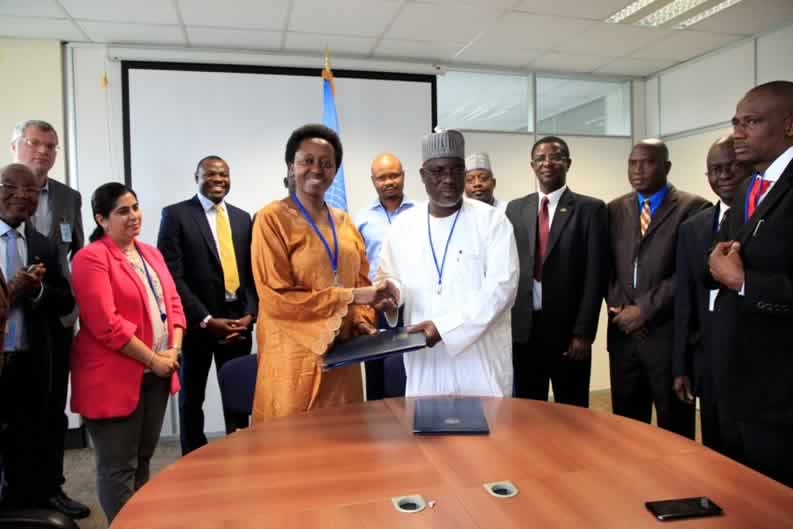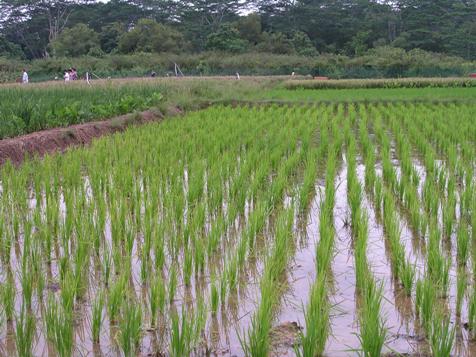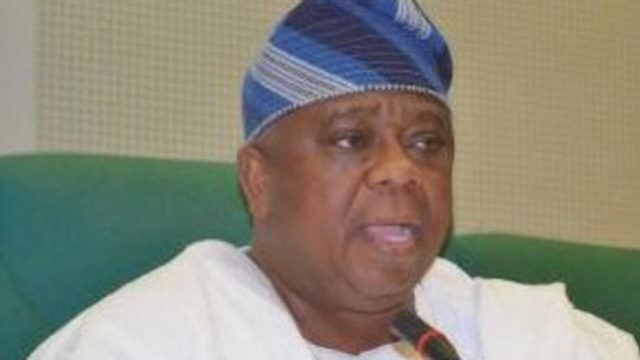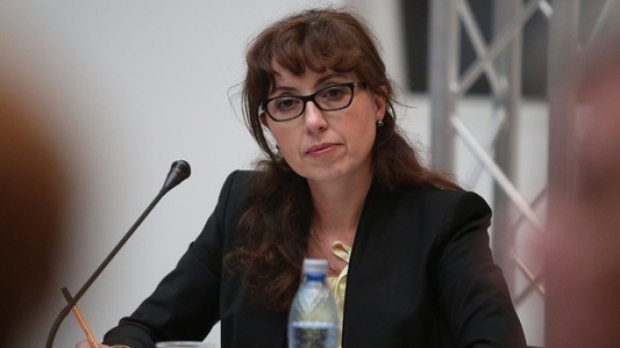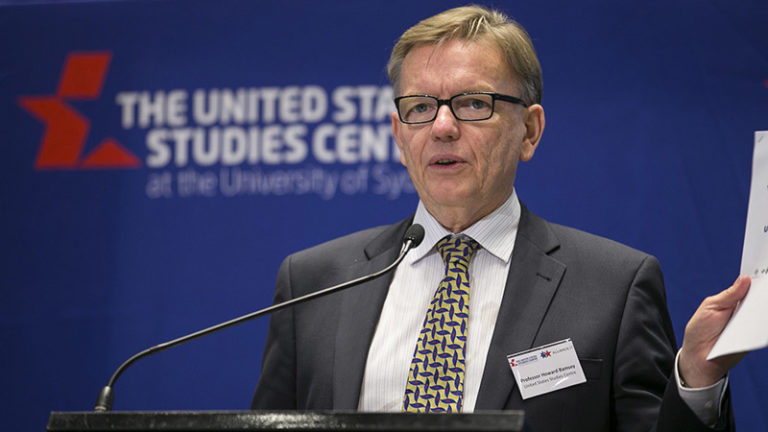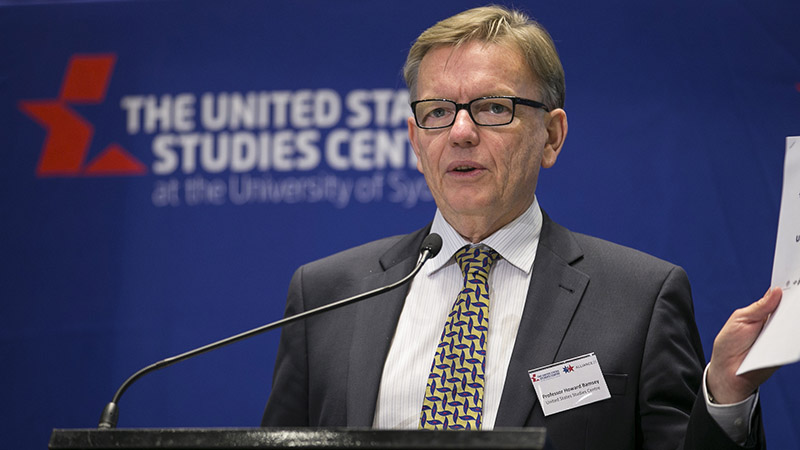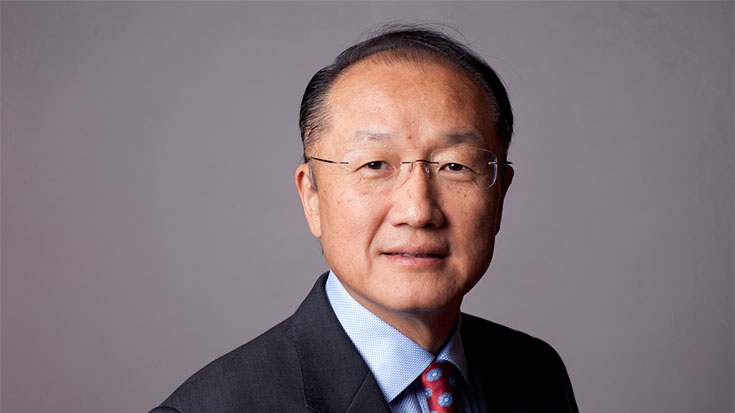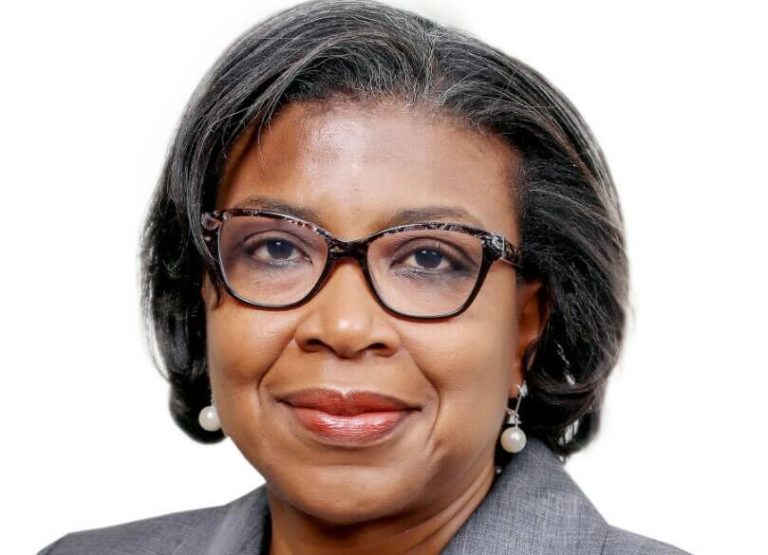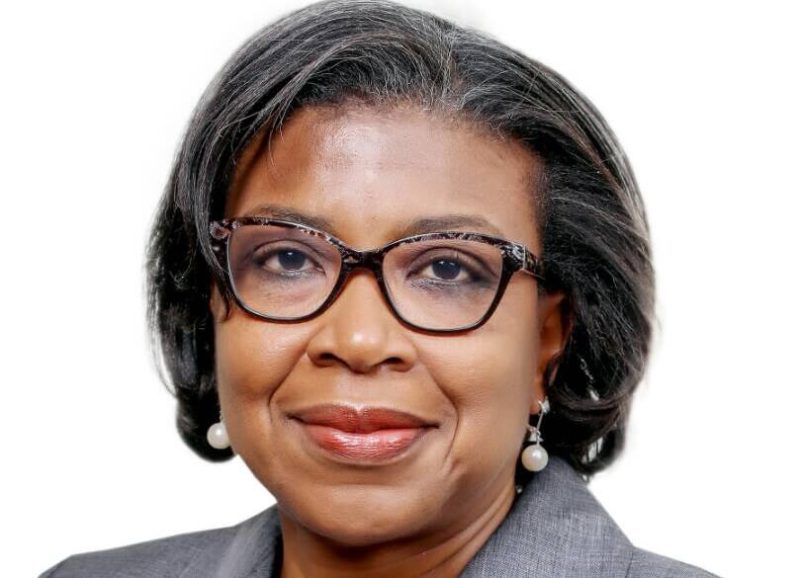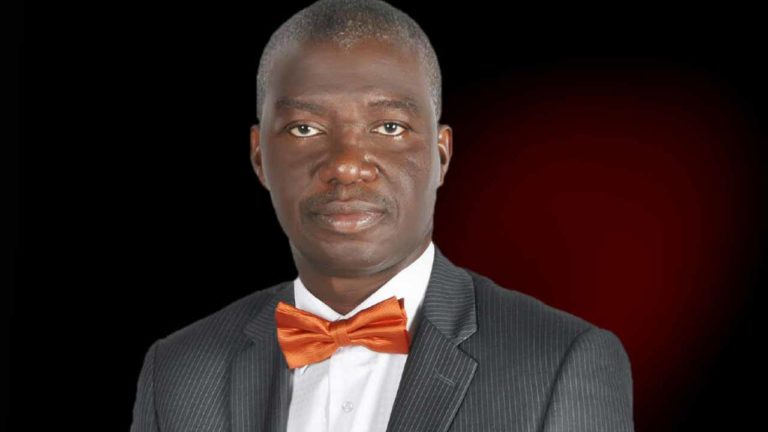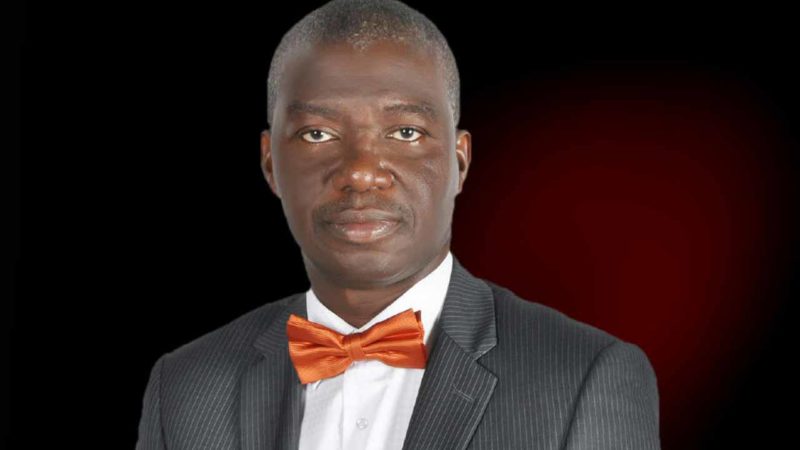Delegates to the 10th meeting of the Ad Hoc Open-ended Working Group on Article 8(j) and Related Provisions of the Convention on Biological Diversity (CBD) have agreed on a set of recommendations related to the contributions of indigenous peoples and local communities to the CBD. The recommendations from the meeting will be sent to the Conference of the Parties at the 2018 UN Biodiversity Conference to be held in Egypt in 2018.
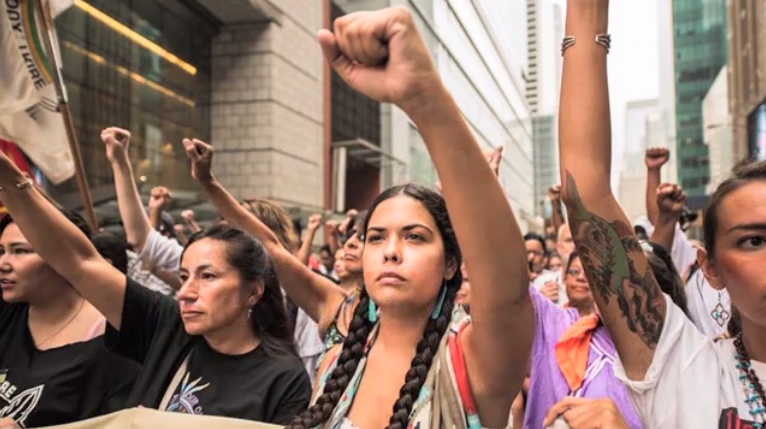
“The proceedings this week demonstrate that indigenous peoples and local communities remain at the very heart of the Convention, and that their effective participation is needed to help save and preserve the flora and fauna of the world for future generations,” said Dr. Cristiana Paşca Palmer, Executive Secretary of the CBD. “I believe the unique composition and working methods of the Working Group are an embodiment of the partnerships we need if we are to succeed in our mission to halt biodiversity loss and achieve a sustainable balance of human activities with nature.”
The Rutzolijirisaxik Voluntary Guidelines for the Repatriation of Traditional Knowledge
The Working Group finalised the development of the Rutzolijirisaxik Voluntary Guidelines for the Repatriation of Traditional Knowledge. The name “Rutzolijirisaxik”, given by the indigenous Maya peoples of the midwestern highlands in Guatemala, means “the significance of returning to the place of origin”. Repatriation of traditional knowledge of indigenous and local communities held by museums, botanical gardens and others facilitates the recovery of traditional knowledge relevant for the conservation and sustainable use of biodiversity. The guidelines will be considered by the Conference of the Parties of the Convention at the 2018 UN Biodiversity Conference being held in Egypt in 2018.
Glossary of relevant key terms and concepts
Another outcome of the meeting was that delegates finalised a draft glossary of terms and concepts within the context of Article 8(j), including “traditional knowledge” and “indigenous peoples and local communities community conservation areas”. The glossary is to be considered and adopted by the Conference of the Parties at the 2018 UN Biodiversity Conference.
The contribution of collective actions of indigenous peoples and local communities
The Working Group also considered methodologies and guidance for identifying, monitoring and assessing the contributions of indigenous peoples and local communities to the implementation of the Convention, including having such contributions reflected in official reports. The guidance will be finalised at the second meeting of the Convention’s Subsidiary Body on Implementation, set to take place in July 2018 in Montreal, QC, in Canada.
Safeguards in Biodiversity Financing Mechanisms
In addition, delegates discussed how Parties, other governments, international and business organisations, and other stakeholders can take the Voluntary Guidelines on Safeguards in Biodiversity Financing Mechanism into account when selecting, designing and implementing biodiversity financing mechanisms. The recommendation will be also considered by the second meeting of the Subsidiary Body on Implementation.
Contribution of the traditional knowledge, innovations and practices of indigenous peoples and local communities to the implementation of the 2030 Agenda for Sustainable Development
An in-depth dialogue was held with panelists, representing Parties, indigenous peoples and local communities, the United Nations and scientists, on their experiences and recommendations for the contribution of traditional knowledge for the achievement of the 2030 Agenda for Sustainable Development and its Sustainable Development Goals.
Future of the Working Group on Article 8(j)
With a view to further strengthening the role of indigenous peoples and local communities in the work of the Convention at all levels, delegates discussed the future of the Working Group and its work programme for the post-2020 period. The Working Group prepared a recommendation on different options the Working Group and its future work for consideration by the second meeting of the Subsidiary Body on Implementation.

